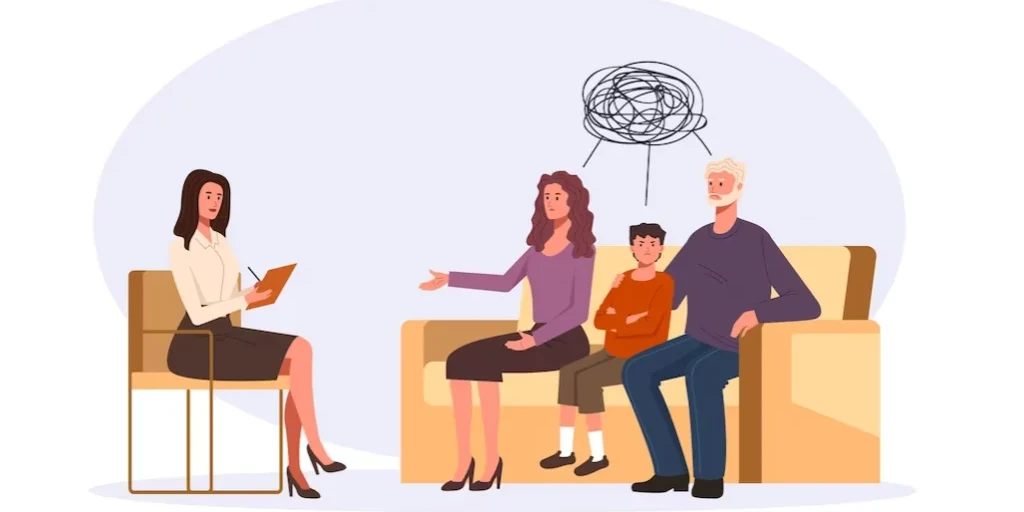24/7 Helpline:
(866) 899-221924/7 Helpline:
(866) 899-2219
Learn more about PTSD Treatment centers in Otterbein
PTSD Treatment in Other Cities

Other Insurance Options

Sliding scale payment assistance

Lucent

PHCS Network

BHS | Behavioral Health Systems

Providence

Ceridian

Group Health Incorporated

Optima

CareFirst

WellCare Health Plans

UMR

American Behavioral

Sutter

Excellus

Anthem

Meritain

MVP Healthcare

Self-pay options

Holman Group

Kaiser Permanente
















Wabash Valley Alliance
Wabash Valley Alliance's mission is to provide quality behavioral health and addictions care based o...








